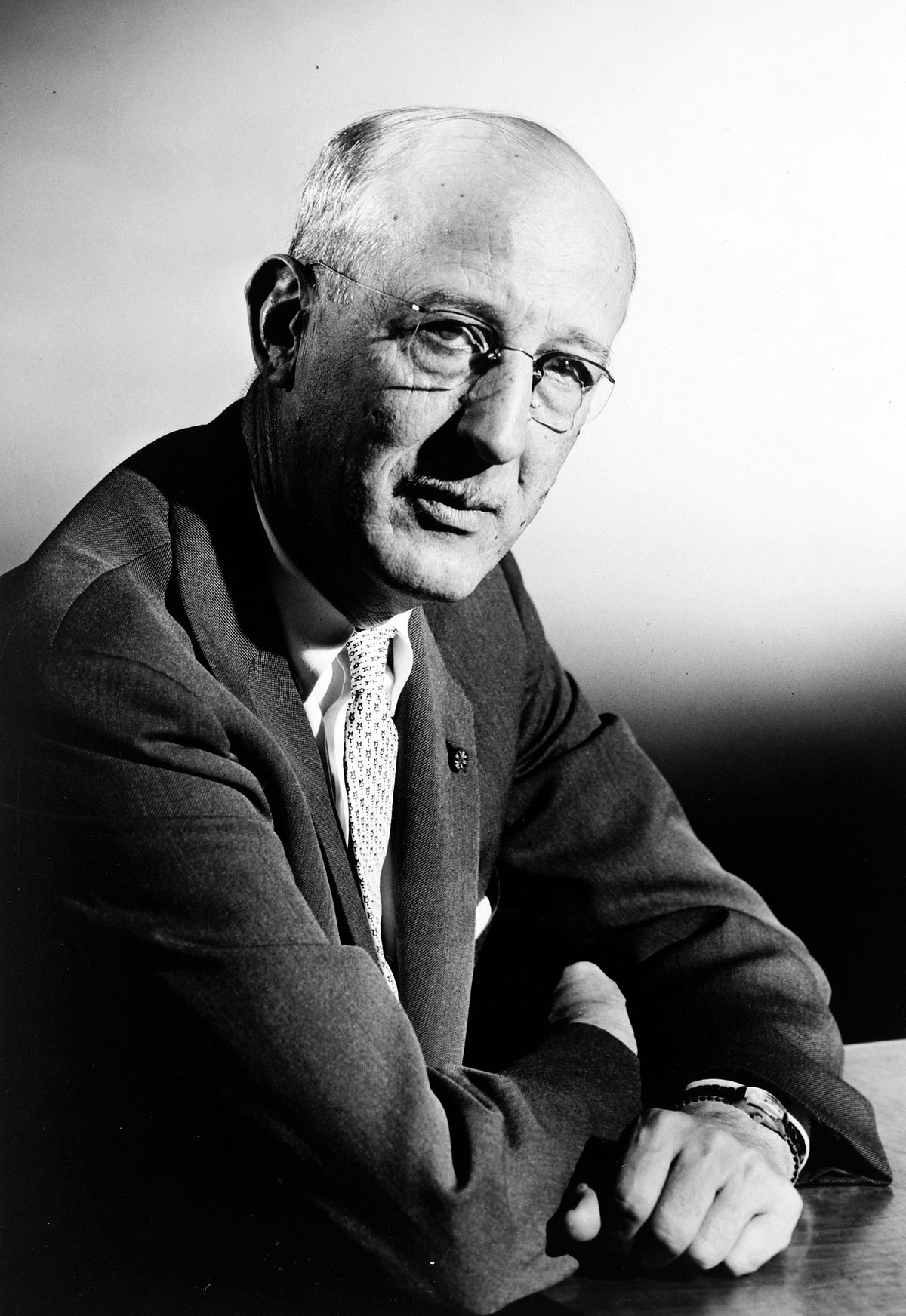Posts Tagged Ron Chernow
Bruce Catton and U.S. Grant
Posted by Joshua Sharf in Civil War, History on March 25th, 2018

Having finished Ron Chernow’s biography of Grant, I decided to go back to my library and re-read Bruce Catton’s shorter treatment of the subject, U.S. Grant and the American Military Tradition. Catton did most of his writing in the 50s and 60s, so some of the scholarship is dated, but most of his conclusions have held up.
More than that, Catton’s writing verges on the poetic, both summarizing and illuminating a subject with an economy of words I often wish I had. For instance, in describing frontier Ohio of the 1820s and 1830s:
Men who could do everything they chose to do presently believed that they must do everything they could. The brightest chance men ever had must be exploited to the hilt. And the sum of innumerable individual freedoms strangely became an overpowering community of interest.
When dissecting the rights and wrongs of secession, its present-day defenders (who do not defend the institution of slavery, it should be emphasized) tend to focus on the clinical, legal aspects of the matter. Catton captures what they miss, and why the North and especially the West was willing to fight:
Against anything, that is, which threatened the unity and the continuity of the American experiment.
Specifically, they would see in an attempt to dissolve the Federal Union a wanton laying of hands on everything that made life worth living. Such a fission was a crime against nature; the eternal Federal Union was both a condition of their material prosperity and a mystic symbol that went beyond life and all of life’s values.
On the post-Shiloh commanders:
McClellan, Halleck, and Buell, then, were the new team, and that hackneyed word “brilliant” was applied to all three. The Administration expected much of them. It had yet to learn what brilliance can look like when it is watered down by excessive caution and a distaste for making decisions, and when it is accompanied every step of they way by a strong prima donna complex.
And on how Americans view war. Catton believes it goes a long way towards explaining why Grant – representative of his people – was doomed to substantially fail at the big post-war task of Reconstruction and restoration:
…the will-o’-the-wisp again, recurrent in American history. Victory becomes an end in itself, and “unconditional surrender” expresses all anyone wants to look for, because if the enemy gives up unconditionally he is completely and totally beaten and all of the complex problems which made an enemy out of him in the first place will probably go away and nobody will have to bother with them any more. The golden age is always going to return just as soon as the guns have cooled and the flags have been furled, and the world’s great age will begin anew the moment the victorious armies have been demobilized.
Sound familiar?
Catton was not, of course, infallible. He had this to say about President-Generals, whose training is to treat Congress as supreme, the executive as the instrument of Congress’s declared war aims:
It made it inevitable that when he himself became President he would provide an enduring illustration of the fact that it can be risky to put a professional soldier in the White House, not because the man will try to use too much authority in that position but because he will try to use too little.
Catton wrote these words in 1954, with full awareness of who was then president. But history doesn’t bear out his fear, entirely. Washington maintained a strong sense of the office’s limitations, but worked to strengthen both the federal government and the executive. Neither of the two previous Whig presidents – both generals – lived long enough to have much impact in the office. And Eisenhower was working with an already-stronger executive, which he worked to professionalize, treating his cabinet a little like a corporate boardroom of competing ideas.
He differs with Chernow on a few points, and Catton is somewhat better at drawing connections. Catton considers the Santo Domingo treaty not merely ill-advised but actually corrupt, for instance. Both note that Grant manumitted the one slave he ever owned as quickly as he could (a gift), but only Catton points out that Grant did so even though he could really have used the money from a sale at that point in his life.
Catton is also harder on the Radical Republicans, and somewhat more forgiving of Andrew Johnson, than Chernow is, possibly because Catton was unaware of the postwar wave of white supremacist violence that swept over much of the Deep South. He argues that the Radical Republicans were at least as interested in using blacks as a means to political power as they were in their welfare – not the last time that would happen in American history. Catton also claims that Johnson adopted Lincoln’s view of postwar reconciliation, where Chernow states that Johnson adopted a softer line through misbegotten racial solidarity. Whether this is from cynicism or greater political savvy, or from both, it’s hard to know.



